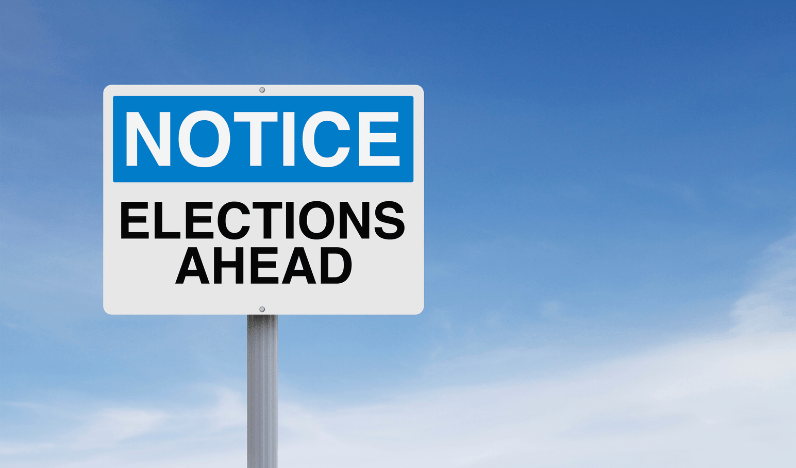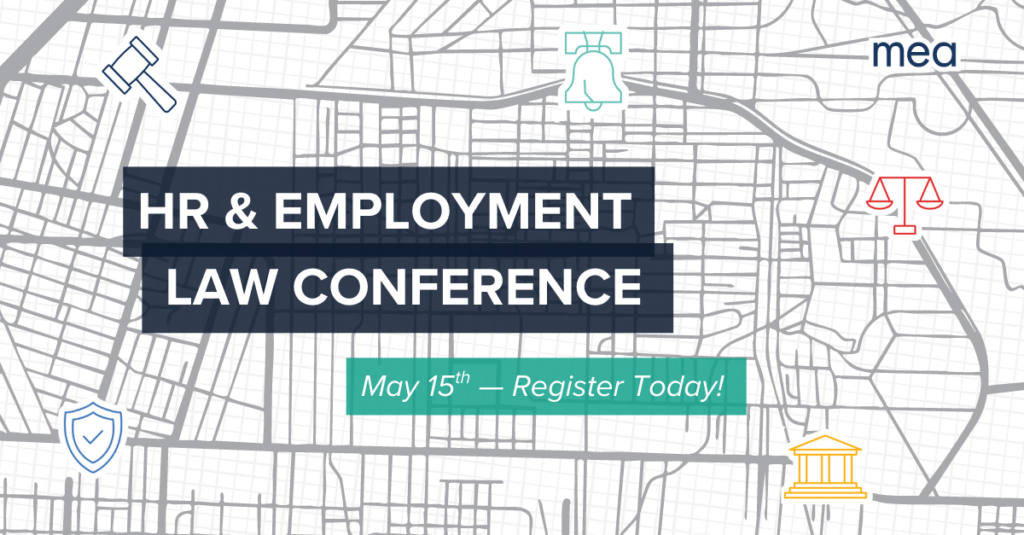
In a recent MEA Insights Webinar, Michael G. Trachtman, Partner at Wisler Pearlstine, LLP, discussed how the 2024 election could change your workplace and what you should do about. Read the recap below:
The impact the upcoming election will have on employment law will be significant, but the details remain uncertain. Traditionally, Republicans are viewed as pro-business, while Democrats lean towards workers’ rights. However, these lines have blurred, especially with some large businesses, particularly in tech, now aligning with Democrats. In addition, a recent Supreme Court decision limited the power of the key federal agencies that affect employment law. As a result, while those agencies remain crucial, employers should keep a very close watch on Supreme Court rulings, Congressional actions, and state-level regulations.
The Supreme Court
A key area of influence will be the Supreme Court. Somewhat surprising, the 6-3 conservative majority issued some decisions more favorable to employees than to businesses on issues like discrimination and religious rights. If a Republican president is elected, that majority could grow, cementing conservative rulings (whatever that may mean) for many years. In contrast, a Democratic win could swing the Court’s balance.
The EEOC, the DOL and the NLRB
Beyond the Supreme Court, agencies like the EEOC (Equal Employment Opportunity Commission), the DOL (Department of Labor) and the NLRB (National Labor Relations Board) will be critical players. Democratic-controlled agencies will likely push for more employee-centric positions than Republicans on issues like discrimination, workplace harassment, independent contractors, wages and unionization.
The States and Courts
Finally, the role of states and courts will be crucial. With administrative agencies potentially losing power, courts will have a greater role in determining who makes the rules at the federal level, and states are stepping up to regulate the workplace.
As we navigate this period of uncertainty, businesses must stay informed, audit their practices, and be prepared to respond quickly to legal changes.
Stay tuned—it will be an interesting time for employment law, with major shifts likely in 2025.

